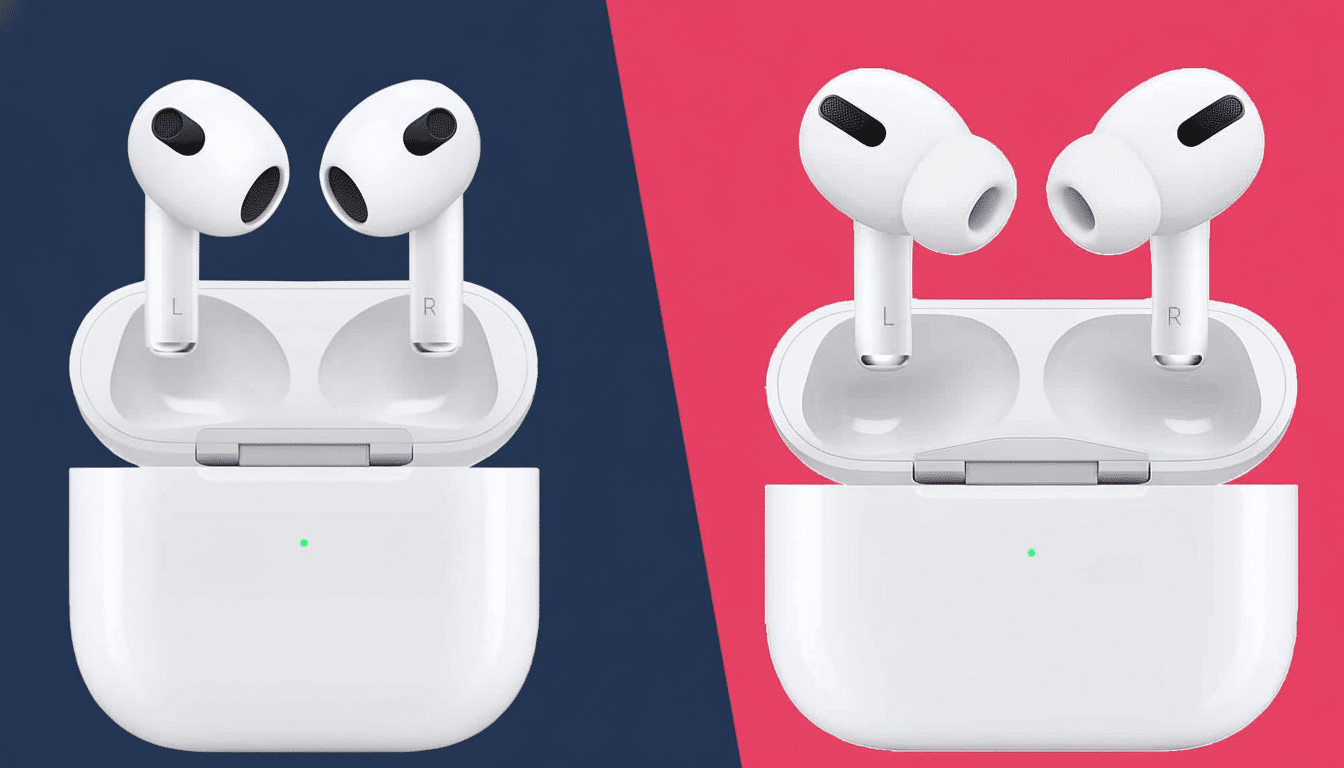Live translation and temperature measuring will get the headlines, but it’s the day-to-day polish of a new set of AirPods Pro 3 that would make them an instant buy for me. Smarter adaptive noise control, solid in‑ear heart rate tracking belonging in Health, and a second‑gen ultra‑wideband tracking would’ve turned Apple’s best earbuds from great into essential.
Smarter ANC that seems to “think for itself”
If you want noise cancellation or transparency, the default is a couple taps away

Apple’s new Adaptive Audio feature already feels like a good idea — you can modulate noise cancellation and transparency in real time rather than needing to flip between modes. In the real world, it remains a bit sluggish when voices or jarring clanks intrude, and wind has a way of foiling it, too. Third‑party testing organizations such as Rtings and SoundGuys continue to place Bose’s newest earbuds close to the top of the list when it comes to low‑frequency cancellation and voice handling, identifying the headroom Apple still has to improve.
An audio pipeline feature of the future using some kind of next‑gen Apple silicon (an H3‑class chip, one might speculate) might even manage greater adaptive attenuation by more granularly classifying sounds and responding more quickly to them, but that is mere fantasy at this point.
There are two game‑changing things: faster conversation detection that can pause content within a beat of someone starting to speak, and a “smart wind shield” that activates low‑frequency roll‑off and beamforming when it first gets the smell of a gust. You shouldn’t feel the end result: Music remains immersive on the subway, voices come through crisp and clear virtually the moment you plug in at a cafe, and outside noise snaps back into place in a blink when you’re done.
There’s also a health angle. The World Health Organization warns that hundreds of millions of listeners risk hearing damage from unsafe volumes. Smarter adaptive control that keeps perceived loudness stable—by boosting midrange intelligibility instead of raw volume—would help more users enjoy safer listening without thinking about it. Plenty of earbuds claim heart‑rate monitoring via optical PPG sensors, including models from Anker and Huawei. The concept is solid—ear canals offer strong blood‑flow signals—but movement artifacts and imperfect fit wreck accuracy during workouts. If AirPods Pro 3 stuck eight such sensors in every ear, then delivered real-time feedback during exercise that closely tracked paired chest straps, plus post-workout recovery metrics and guided zone tracking in the Health app without a paid fitness subscription, that would be a quiet, but foundational upgrade. Heck, bonus points for stunning you with a view of your resting heart rate trend, and passive, low-power sampling with a moment of Zen once a year because “your low heart rate at rest has been creeping up; let me know if you’re taking care of yourself”. Ultimately, the key isn’t a sensor; it’s thoughtful software. Highly accurate earbuds from Apple shrewdly filter motion artifacts, integrate closely with Apple’s native Workout and Health, track calories and Zones accurately, and allow export data to the most common training platforms would be not a novelty, but a fitness tool.

U2 ultra‑wideband for spatial awareness Find My
The case for today’s AirPods Pro already utilizes the Apple U1 chip for Precision Finding. It works, but the U2 chip in iPhone 15 and newer watches enhances range, power efficiency and directionality. Stick U2 in the AirPods Pro 3 case and you also receive a clear arrow‑style prompt substantially further away and in more daring environments, instead of a louder chime.
Combine that with the size of Apple’s device network — Apple says it has more than 2 billion active devices — and the Find My mesh quickly becomes very good at getting crowdsourced location updates.
In real-world terms, this means you can find a case that’s gone missing somewhere on a packed office floor or figure out what room it’s in at home without having to wander around and ping for it sight unseen. A mild radio upgrade, yes, but one that saves me time every week.
Two tiny quality‑of‑life adjustments with outsized benefits
First, full‑fidelity multipoint. Apple does simple reliable device switching within its ecosystem, but actual, simultaneous multipoint with LE Audio and the LC3 codec would be terrific for reliability and power draw on laptops, tablets, and phones. The Bluetooth SIG tailored that new feature to sound better than SBC at lower bitrates; combining that codec with Apple’s existing low‑latency link (already in use for lossless with its headset) would eliminate the few, small frictions that remain in hybrid work.
Second, real battery health transparency. About those buds and the case: A cycle count and maximum capacity readout for each — just like in iPhone — would help users plot service (or a replacement). Given the number of earbuds that are retired early because of unknown battery wear, this would be a sustainability win as much as a usability one.
Why the “boring” updates are actually the most important
Shiny features show well, but the best wearables win trust through repeated use. If AirPods Pro 3 offer even faster, more natural adaptive audio, and workout‑grade heart rate data that augments Apple Health, and U2‑powered tracking that works at lightning-speed, that’s the kind of progress you feel every day. Throw in contemporary multipoint and honest battery metrics, and the calculus of the upgrade looks straightforward: these are earbuds that perform better in the moments that matter, not just on stage.

